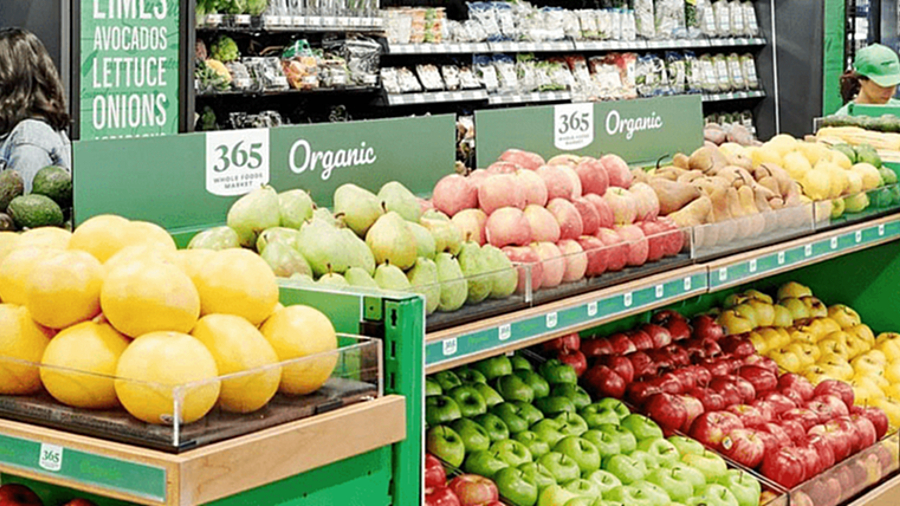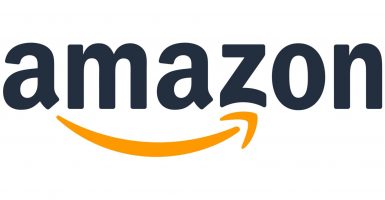Why Supermarkets And Their Suppliers Are At War With Each Other
Inflation is affecting both individuals and businesses, it has now caused supermarkets to go to figurative war with their suppliers.

Supermarkets and grocery stores have seen gigantic price hikes over the past year. Affected by inflation, gas costs, and the geopolitical turmoil happening in Europe, grocery prices have skyrocketed since the beginning of March 2022. Supermarkets aren’t only at odds with their shoppers but also with the suppliers they get their products from. As suppliers are more transparent about their intentional price hikes, shoppers and grocery store owners are starting to get fed up with the spiraling costs.
Though most suppliers are opaque about their price increases, Kraft Heinz recently released their strategic economic move. Kraft Heinz released a statement that the company would hike prices for their products by over 30%. Though this would only affect products in the United Kingdom, it spawned outrage worldwide. Since supermarkets, shoppers, and other people who need these goods are financially crunched, it’s understandably outrageous for suppliers to consciously squeeze their buyers. One British supermarket, Tesco, repudiated the ketchup company and its proposal, which in turn made the company stop shipping its products to the grocery chain.
Though this fiasco is occurring out east, tensions between supermarkets and suppliers will likely occur in the United States, too. As prices for gas, food, and housing go up, businesses have to make sure they’re making enough profit to deal with their expenses while accruing sufficient revenue. Though many supermarkets want their suppliers to play fair, certain suppliers have begun to raise their prices to unfathomable heights. This puts grocery stores and their customers in a difficult position; the stores could either pay more to keep products on the shelves or halt shipments from their suppliers and threaten to lose their valuable customers.
Olivia Tong, an analyst for equity research firm Raymond James which specializes in consumer goods, said this type of push and pull between buyers and suppliers is relatively standard. It’s like “buying a car,” she stated, acknowledging that there’s a usual negotiation between businesses to get to a reasonable price. But as the cost of living increases in America, the heightened costs for supplied goods may be more challenging to negotiate down.
Inflation is one of the most substantial culprits for the heightened expansiveness of everyday products. Grocery stores and supermarkets have been hit the hardest by inflation, with food prices jumping an average of 10.9% since July 2021. Necessities like eggs have climbed in price by more than 35%, while coffee and deli meat costs have jumped by 20% and 18%, respectively. Having more expensive items on shelves has hindered businesses nationwide, with shoppers cutting back on the number of products they’ll take to the register.
Giant retailers like Walmart and Target are feeling the financial pain of inflation. Both companies have reduced their profit outlooks for 2022, a major setback caused by the rising prices from suppliers. Despite inflation’s devastating impact, Walmart stated that it has new plans for keeping its costs at a reasonable value. It’ll take until the following quarterly earnings report to see if these retailers’ current business methods will sufficiently keep their profits afloat.











